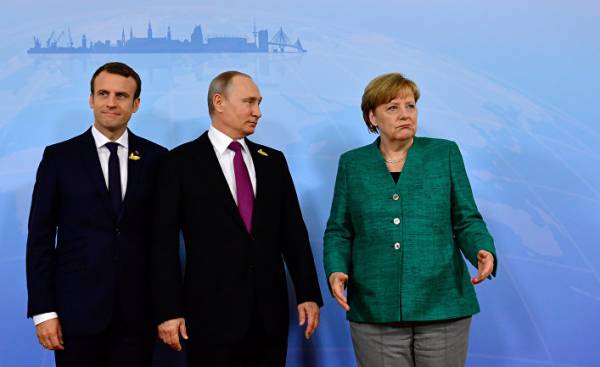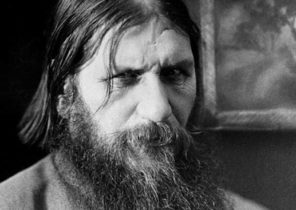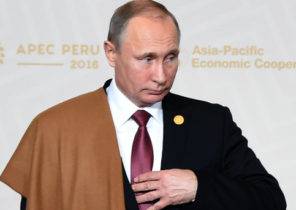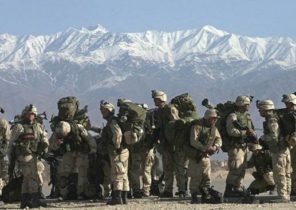
Atlantico: What conclusions can be draw under the G20 summit? Some interaction forces it has been viewed?
Michael Lambert: it is easiest to consider the situation with each of the four key players: the US, Russia, China and the European Union.
As for Donald trump, his policy is not persuasive. He continues a policy of protectionism and intends in particular to impose duties on Chinese and German goods. He can’t convince the Germans and Europeans who don’t agree with his protectionist approach, and, of course, Chinese. He is trying to establish a dialogue with Russia, not achieve concrete results, and does not comply with diplomatic Protocol, placing the daughter to the negotiating table. This latter point, incidentally, gives the presidency of the trump family character. We are talking about the disregard for Protocol, or with the intentional step, the causes of which we can only guess.
With Russia held absolutely classic talks, and Vladimir Putin is playing a geopolitical trump ignorance, and disagreements among the Western countries in order to strengthen its position in the middle East.
Vladimir Putin will participate in all discussions, but he adheres to a clear geopolitical line in which strives to assert its control in Syria and to seek the consent of the West. Dialogue with trump, I think, has little to give.
The third player is China, which supports the Europeans in the field of free trade and the fight against climate warming. In trade China’s interest is obvious. In the climatic region he does not follow the same logic of protecting the planet, and that Europe should not forget that he is the leader in the production of components for solar panels and produces more electric cars… it Turns out that China is interested in active cooperation with the Europeans, while a departure from free trade in the international system it is absolutely unprofitable. The climate plays a role, and internal policies. The Chinese are paying increasing attention to ecology (though not to the same extent as the Europeans) and health care. The pollution is hurting tourism and health workforce.
Finally, Europe is committed to maintain free trade. In terms of Brexia (it is, incidentally, not said) of France plays a more significant role than usual by the need to demonstrate the unity of Paris and Berlin, as well as the opposition of the United States.
— Does not as a successful meeting Donald trump, and Vladimir Putin about a certain isolation in the international arena, particularly on economic policy and climate key to G20?
— The balance of forces here is very difficult, since we are talking about two unique leaders. It’s hard to say what really gave this meeting. Trump is a newcomer in politics with old views on Russia, which he still has a certain position of views, in particular on conservatism. Putin is a real geopolitics. He is well versed in this area and, apparently, can use their experience to deftly push the tramp in the right direction. And not the fact that the American leader will be able to realize it.
In terms of cooperation the United States will allow Russia to act at their own discretion in some regions of the world (particularly in Syria), and that response will not create obstacles for American politics.
Isolation towards the Europeans is attributable to differences in policies and presentation of the world. The rhetoric of the parties bad fit, it is hard for Europeans to argue with trump. Dialogue of leaders of Russia and America was a highly anticipated event.
— Makron wanted to present himself as a leader of the G20, particularly on the issue of climate. How to interpret the results on the background is scheduled for July 14 visit of Donald trump to Paris?
— As for the climate, Emmanuel macron originally wanted to submit it very important, if not the key (in his campaign such a position, it should be said, can be traced not especially clearly). First focus on the environment and the fight against climate warming has been made in his inaugural speech. He noted the achievements of their predecessors and in particular Francois Hollande, who held a climate conference in Paris and presented themselves as his heir in this matter.
He first expressed his disagreement after the U.S. decision to withdraw from the Paris agreement. From this point, the media introduced him to the leader of the defenders of the environment, and it de facto turned out to be in this position.
Was subsequently obtained consensus from the other States. The G20 is a logical extension, instead of focusing on the climate question can France create a “new” image in the international arena, to give it significance, to help her to establish a constructive dialogue with other partners. In this regard, the macron has been successful.
Michael Lambert — Dr. the history of international relations, expert on relations between the EU and Russia and defense policy of NATO and the EU. The head of expert group of the Caucasus Initiative.







